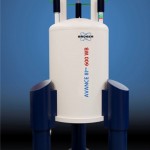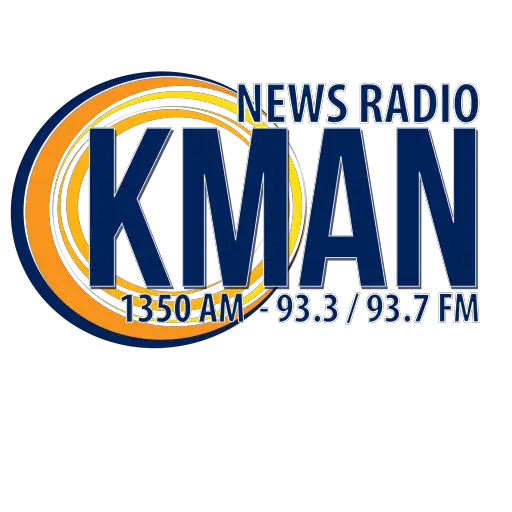
MANHATTAN — A Kansas State University team recently received a nearly $1.3 million grant from the National Science Foundation’s Major Research Institute for a biomedical instrument that is anticipated to help with breakthroughs in animal and human health as well as cancer treatment.
The instrument is a modified wide-bore 600-megahertz magnetic resonance imaging spectrometer that will be equipped with a custom imaging probe. It can heat specific cells in the body using a process called thermal cell therapy that mimics how the body uses fever to fight infections while simultaneously producing real-time, high-resolution images of the heat’s effects on tumors and inflamed cells.
“There is not a single instrument in the U.S. with which you can heat specific living cells and then image those cells to see immediately what effects that heat has,” said Stefan Bossmann, professor of chemistry. “With this, we can see heat therapy with cell therapy in action.”
The instrument will be used to treat small animal patients with cancers, infections and other diseases. Heat therapy of large animals and humans is anticipated to follow. Patients are not harmed by the instrument, Bossmann said.
The technology may eventually enable personalized hyperthermia treatment for infectious diseases and cancers in both humans and animals.
“We’re excited because now we can use the instrument’s very high-resolution images to track the cells and see the effects that heat and cell mediated therapy have on the tumor,” said Deryl Troyer, professor of anatomy and physiology. “The key is that as we get feedback from the instrument, we can fine-tune it and refine this treatment method to a greater extent.”
The project includes Bossmann; Troyer; Leila Maurmann, nuclear magnetic resonance/instrumentation manager of the chemistry department; Punit Prakash, assistant professor of electrical and computer engineering; and Sanjeev Narayanan, associate professor of diagnostic medicine and pathobiology.
Bossmann said the longstanding interdisciplinary collaborations and research projects between departments and colleges were key in Kansas State University winning this competitive national grant.
Prakash will develop a unique MRI probe, making it possible for the device to both produce high-resolution images and conduct targeted thermal cell therapy. He also will be responsible for system integration.
Maurmann is helping customize the instrument during its manufacturing process. It is anticipated to be complete in summer 2014. She will be responsible for the health of the biomedical instrument during and after installation.
Bossmann, Troyer and colleagues will use the instrument in their hyperthermia nanoparticle research. Stem cells from umbilical cords as well as defensive cells are used to cloak magnetic nanoparticles and traffic them to tumors. A radiofrequency field heats the nanoparticles, overheating the tumor and killing it.
Additionally, it may be possible to modify the instrument in the future so it can help treat heart disease and other cardiovascular diseases.
Narayanan plans to use the instrument to help treat Fusobacterium necrophorum infections and tuberculosis in cattle. The heat from the instrument may lead to discoveries about how to stop and to prevent bacterial infections that are impossible to treat with antibiotics.
“With this technology we can then start building integrated therapies,” Bossmann said. “We have heat therapy, chemotherapeutics, can recruit defensive cells, and now will have an integrated piece of equipment that will be a springboard to do integrated therapy using these methods. There is no golden bullet to make advanced infectious diseases and cancer magically go away. They are systemic diseases and they have to be beaten with systemic methods.”
